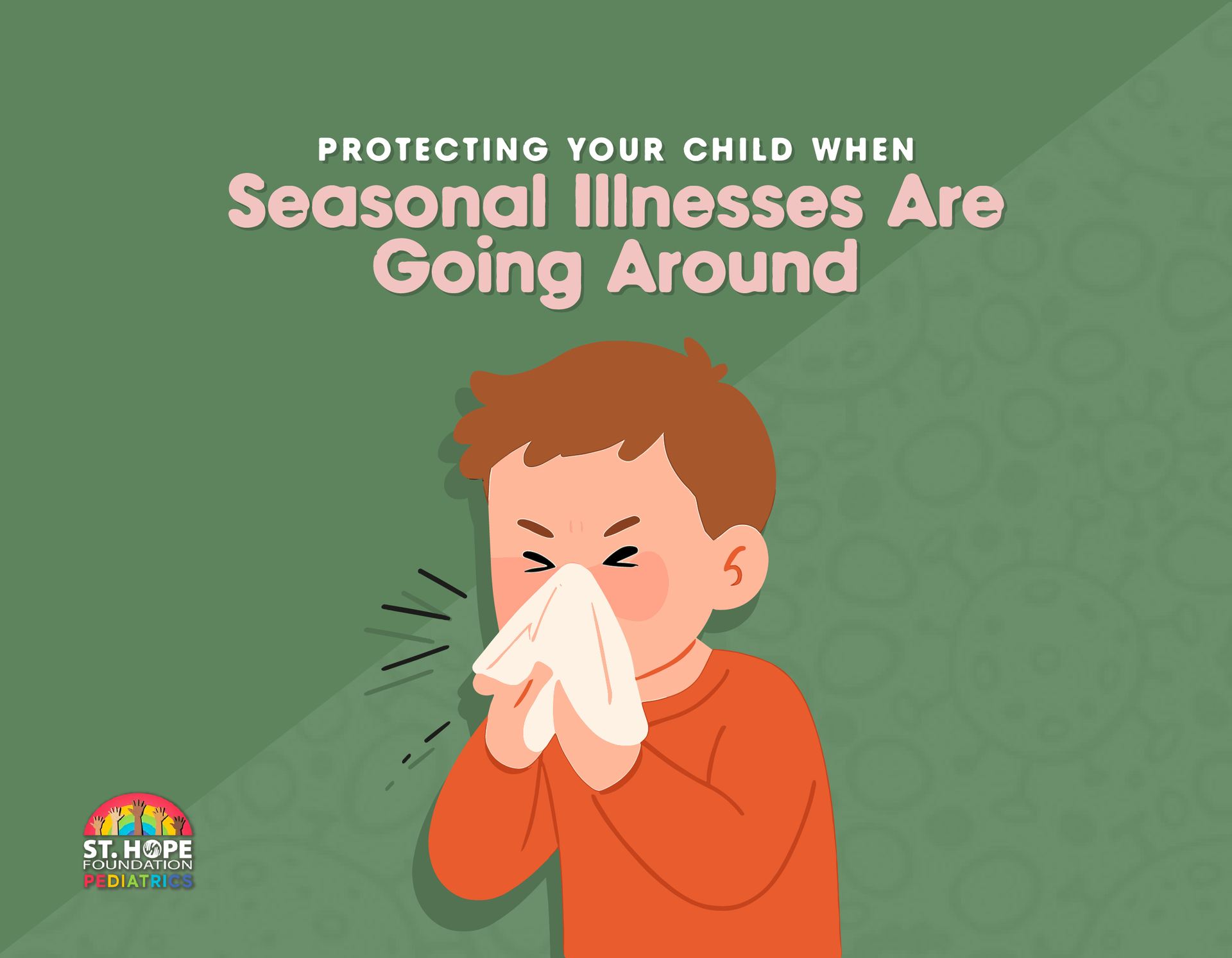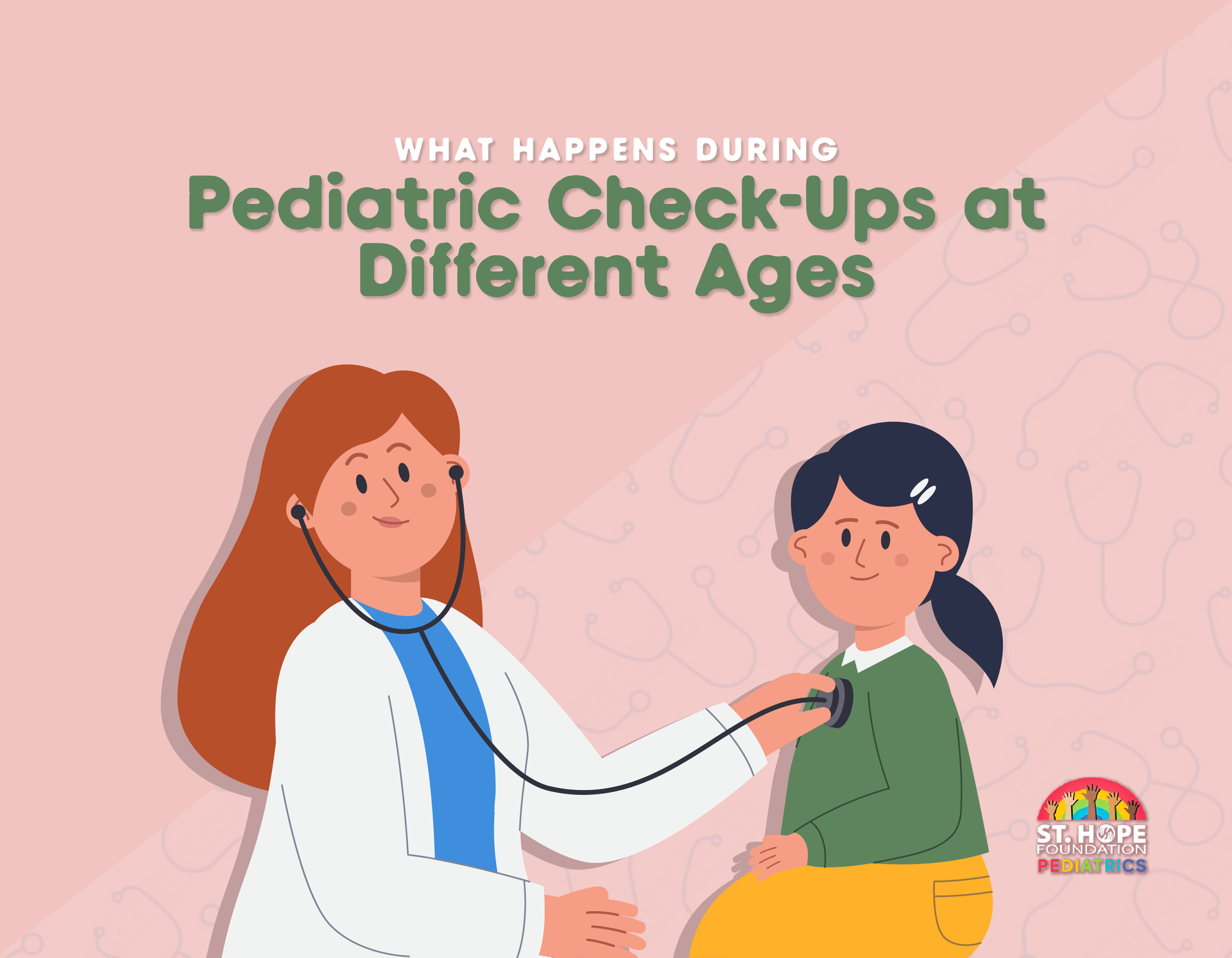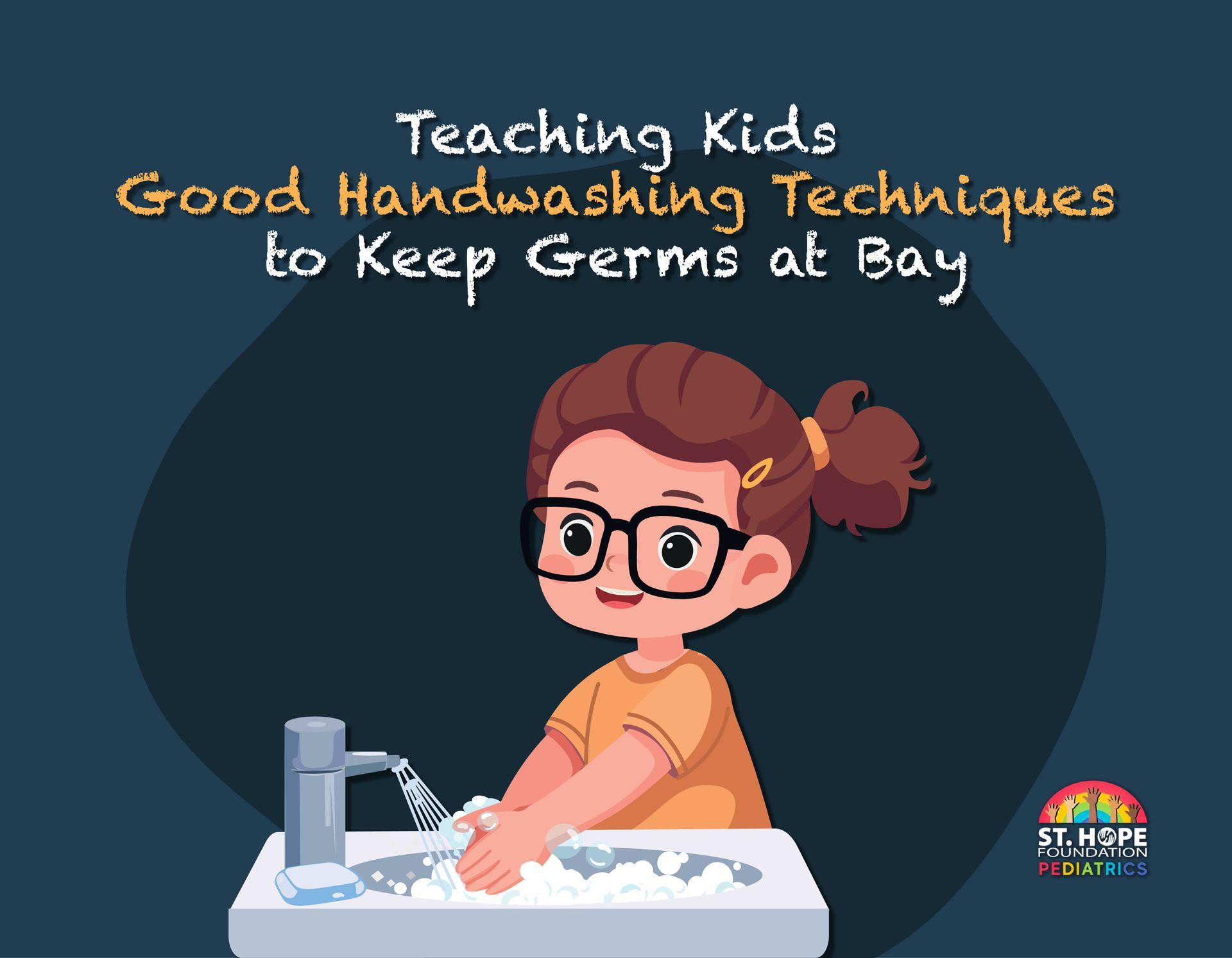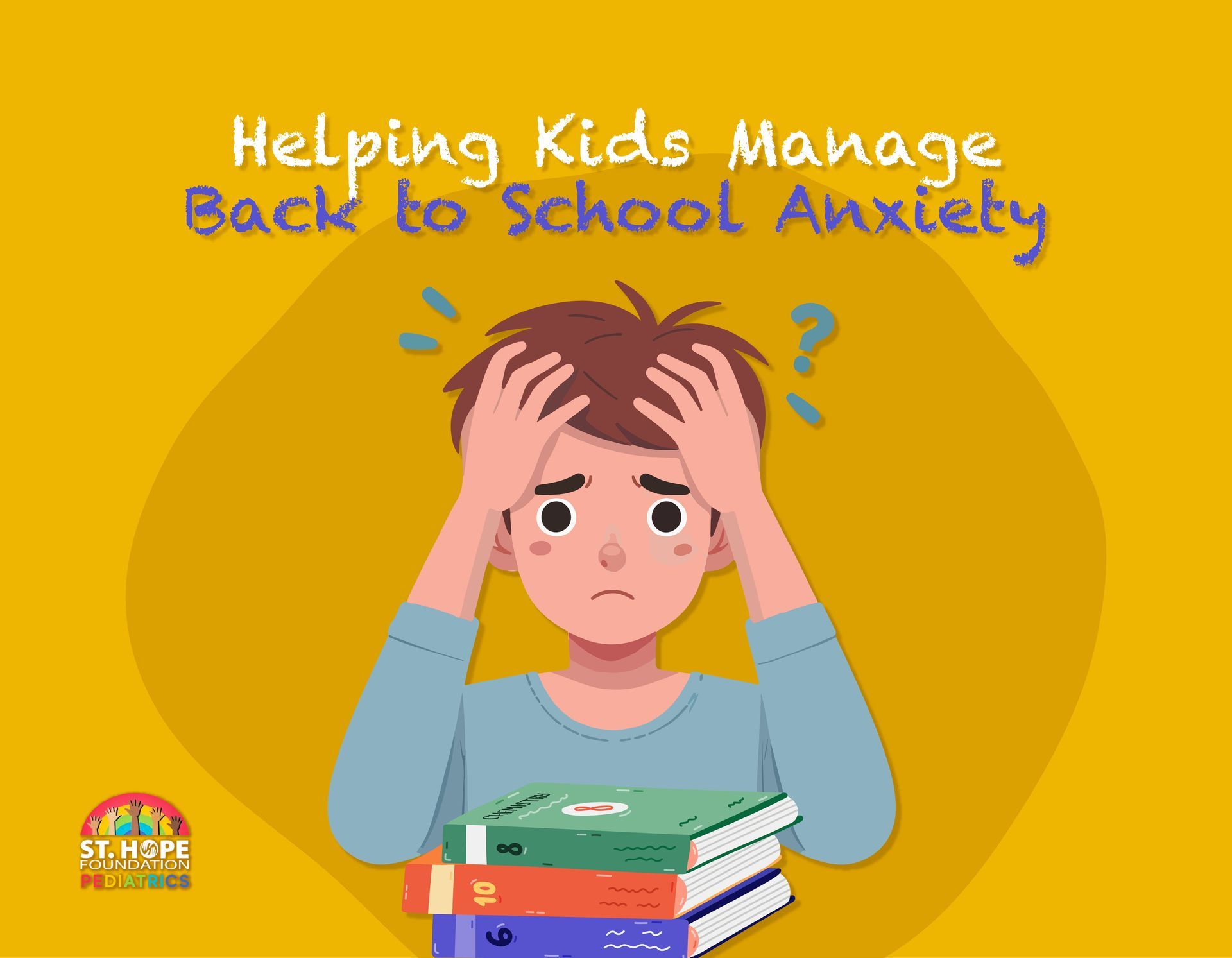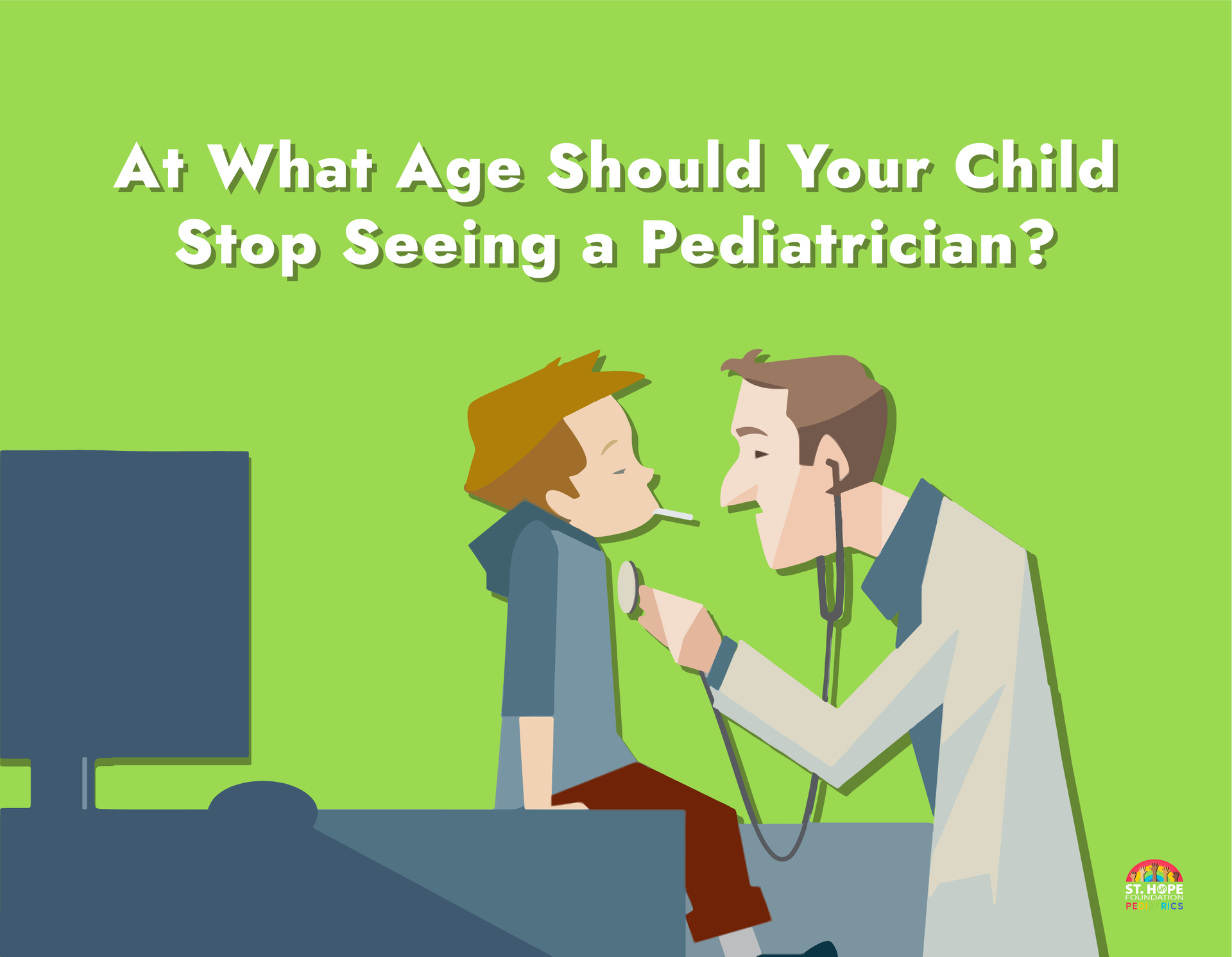
The cut-off age for children to see a pediatrician might vary depending on the office or practitioner you visit, but the standard is 18 to 21 years of age. Many pediatricians choose 18 years of age as their limit for treatment. Your pediatrician should evaluate your child around their 15th or 16th birthday to determine if transitioning to a family doctor early might be right for them.
Many pediatricians feel that young adults are no longer within the age range of their specialty, and an adult health care provider might be better suited for the care of mostly/fully grown children.
There is no exact age for switching from a pediatrician to a family doctor. Every person is unique and not everyone hits the exact same developmental and growth milestones at uniform times.
Some patients will continue to go to their pediatrician well into their college years; after all, what doctor knows them better?
Other children may want to switch to a family doctor before they’re in middle school because they don’t like the idea of being considered a child in need of pediatric care, or there are things they don’t feel comfortable discussing with their pediatrician (like sexual health concerns).
As a parent, you likely researched pediatricians in your area almost as soon as you found out a child was going to join your family. A good pediatrician can help you keep your child in the best health possible. If you’ve seen the same pediatrician since your child was an infant, you have likely built a trusting relationship with them. The good news is you or your adult child can develop the same kind of open and honest relationship with a compassionate and committed family practitioner in Houston.
What are the Differences Between a Family Doctor and a Pediatrician?
Both family doctors and pediatricians go through intensive training in the care of children. While family doctors treat a broader range of ages, both types of physicians will make sure your children are reaching developmental milestones, provide guidance on recommended childhood immunizations, perform routine preventive care and can provide care for a variety of illnesses, conditions and injuries.
A family doctor treats people of all ages, including adults, and will likely have a broader range of knowledge.
A pediatrician has focused their practice on children and can give specialized care for young children and parents, including helping mothers with things like breastfeed or answering common questions about the care of infants and toddlers.
If your child has an illness like asthma, a pediatrician will be more practiced in making it less scary for your child. They are also proficient in helping children and parents understand and deal with behavioral issues.
Why Choose a Pediatrician?
A family doctor can be convenient for busy parents because they can provide care for the whole family, and your child will never outgrow them. In comparison, a pediatrician is a specialist.
A pediatrician is someone who likely chose their path because they love children. They are specialized in the care of children and can help parents of young children through many of the bumps in the road that come along with growing up, including things like teen anxiety.
Many parents prefer the specialized care of a pediatrician for their children. As your child grows older though, it’s important to respect and understand their desires. As you consider beginning the transition to an adult healthcare provider, especially if your child is already a teenager, try giving them more leeway in the doctor’s office and allow them to speak for themselves about the issues they’re facing. This can help them prepare for an adult healthcare provider.
St. Hope Foundation Pediatrics in Houston, Texas
Your child’s health is likely your highest priority. Unfortunately, it’s not always easy to find a pediatrician that makes both you and your child comfortable.
St. Hope Foundation Pediatrics in Houston, Texas offers comprehensive services to children of all ages. Our team of compassionate pediatricians strive to be a partner in care to the parents that trust us with their children’s health.
Contact us online or call (713) 778-1300 to schedule an appointment for your child. Browse our website to learn more about the pediatric services we offer at St. Hope Foundation Pediatrics.

